In the world of SEO, external links are often overlooked, yet they play a pivotal role in improving your website’s authority, visibility, and user experience. External links, or outbound links, direct visitors to relevant resources on other websites, providing valuable context and supporting your content. When used strategically, they help search engines like Google gauge the credibility of your site, making them essential for boosting search rankings.
But why are external links so important? How can they enhance SEO while creating a better user experience? In this article, we’ll explore everything you need to know about external links—from their impact on your website’s authority to best practices for using them effectively. Whether you’re new to SEO or looking to refine your strategy, understanding the power of external links can help you build a more trustworthy, high-ranking site.
Affiliate Notice: This post contains affiliate links. I may earn a commission if you make a purchase through these links. However, these links provide access to valuable tools and training for your online success.
Try Wealthy Affiliate (For Free).
1. What Are External Links?
Definition of External Links
External links, also known as outbound links, are hyperlinks that point from one website to a completely different website. These links connect users to other domains, providing them with additional resources, information, or references. For example, if you’re writing an article about SEO and link to a high-quality source like Moz or Google’s Webmaster Guidelines, that link is considered an external link.
In the context of SEO, external links are important because search engines like Google use them to gauge the relevance, credibility, and trustworthiness of a website. By directing users to authoritative sources, external links help to build a network of knowledge across the web.
How External Links Differ from Internal Links
While external links direct users away from your site to another domain, internal links stay within the same website. For example, if a page on your blog links to another article on your own blog, that’s an internal link. Both external and internal links are valuable for SEO, but they serve different purposes:
- External Links: Build relationships with other sites and boost your website’s authority by linking to credible sources.
- Internal Links: Help users navigate your site more easily and distribute page authority (link juice) across your content.
Both types of links are essential for a well-optimized website, but external links are particularly important for establishing credibility in your niche.
Common Examples of External Links in Practice
Here are some examples of how external links are commonly used:
- Citing Sources: When writing an article or blog post, you might reference studies, statistics, or expert opinions. Linking to the original source of that information provides transparency and adds credibility.
- Partnering with Other Sites: Businesses often collaborate by linking to one another’s sites. For example, a tech company might link to its partners, suppliers, or relevant industry blogs.
- Sharing Resources: Websites often link to external tools or resources that provide additional value to their readers. For instance, a web design blog might link to a tool like Canva or Figma.
- Social Proof: Some websites include external links to showcase mentions in media or other authoritative platforms, boosting trust among visitors.
2. Why Are External Links Important for SEO?
Impact of External Links on Website Authority
External links play a vital role in determining a website’s authority. When you link to reputable, high-quality sources, search engines interpret this as a signal that your content is credible and valuable. Conversely, if your site is linked to by other reputable websites, it boosts your domain’s trustworthiness in the eyes of search engines.
The concept of “link equity” (also known as “link juice”) comes into play here. When a trusted website links to yours, it passes some of its authority to your site, which can improve your rankings. External links essentially act as endorsements, and search engines, like Google, consider them when determining how authoritative and relevant your content is. The more authoritative sites link to your content, the more your site gains in terms of credibility and ranking potential.
How Search Engines Evaluate External Links
Search engines use complex algorithms to evaluate external links, and they consider several factors when doing so:
- Source Relevance: Links from sites within your niche or industry are more valuable than links from unrelated sites. For instance, if you run a tech blog, a link from a well-known tech publication carries more weight than a link from an unrelated website like a cooking blog.
- Domain Authority: The authority of the domain linking to your site matters. A link from a high-authority website, such as a government (.gov) or educational institution (.edu), is generally more valuable than a link from a less-known or new website.
- Anchor Text: The clickable text of a link (anchor text) also matters. Search engines use this as a clue to understand the content of the page being linked to. For example, if a site links to your blog with the anchor text “best SEO strategies,” it reinforces the relevance of your content to SEO topics.
- Link Placement: Links embedded within the body of the content (contextual links) are more valuable than links in footers, sidebars, or comment sections. Search engines see contextual links as more intentional and relevant.
- Nofollow vs. Dofollow: Some links are tagged with a “nofollow” attribute, which tells search engines not to pass link equity. “Dofollow” links, on the other hand, pass authority to the linked page. While nofollow links don’t directly impact SEO, they can still drive valuable traffic to your site.
Overall, search engines aim to provide users with the most relevant and trustworthy content, and they heavily factor external links into this decision-making process.
Role of External Links in Improving Search Engine Rankings
External links are one of the core elements of search engine optimization (SEO), and when used effectively, they can significantly improve your search engine rankings. Here’s how they contribute:
- Increased Trust and Credibility: External links to high-authority sources indicate to search engines that your content is well-researched and credible. This can enhance your site’s trustworthiness, which search engines factor into their ranking algorithms.
- Better User Experience: Search engines prioritize websites that deliver value to users. By linking to additional high-quality resources, you improve the user experience by helping them find further relevant information, which can also increase the time spent on your site—another positive ranking factor.
- Building Relationships and Earning Backlinks: When you link to authoritative content, it’s possible that other websites will notice and may reciprocate by linking back to your site. These inbound external links (or backlinks) are a key ranking factor in Google’s algorithm and can directly improve your website’s search rankings.
- Relevance and Context: Search engines consider the relevance of your external links. If your site regularly links to high-quality, topic-relevant external pages, it signals to search engines that your website is a hub for useful, connected information within your industry.
Start earning from home today. Click to begin
Try Wealthy Affiliate (For Free).
3. Benefits of Using External Links
Boosting Your Website’s Credibility and Trust
One of the primary benefits of using external links is the boost in credibility they offer to your website. When you link to authoritative, well-established websites, it signals to both users and search engines that your content is reliable and well-researched.
Search engines, especially Google, value external links as a trust signal. If your content references credible sources, it shows that you are not trying to keep users in isolation but rather are guiding them to the best available information, regardless of the source. This builds a level of trust between your website and its visitors, which is crucial for long-term success.
Additionally, search engines factor in the quality of the sites you link to when determining your site’s ranking. By linking to trustworthy and relevant sources, you enhance the overall quality of your content, which can improve your SEO ranking over time. For example, if you are writing about health, linking to research from medical institutions or government health organizations increases your credibility in that space.
Strengthening Relationships with Other Sites
External links are not just beneficial for SEO; they also offer a powerful way to build relationships with other websites, blogs, and businesses. When you link to high-quality content from other websites, you are essentially providing them with free traffic, which they are likely to appreciate. In return, this can lead to opportunities for reciprocal links, guest blogging, partnerships, or collaborations.
Here’s how external links can help build relationships:
- Creating Opportunities for Link Building: By linking to others, you may encourage them to notice your site and reciprocate with a link back. This process is often referred to as “link outreach” or “link building,” and it can result in a mutually beneficial exchange.
- Establishing Authority in Your Niche: When you consistently link to reputable sources, others in your industry may begin to see your website as a reliable resource. This can open doors for future collaborations, such as guest posting, joint webinars, or other forms of content partnerships.
- Social Media Shares and Mentions: When you link to a site or mention a blog post, the creator may acknowledge your reference on social media or in their content. This can drive additional traffic to your site and enhance your visibility.
Strengthening relationships with other sites also contributes to building your own online authority. When you connect with leaders in your niche, you elevate the perception of your brand as well.
Improving User Experience with Relevant Resources
External links significantly enhance the user experience by offering readers access to additional information that complements your content. When users visit your site, they’re often looking for answers or detailed explanations on a topic. External links provide pathways to further resources that enrich the user’s understanding.
Here are ways external links improve user experience:
- Providing Additional Value: When you link to studies, expert opinions, or relevant tools, you offer users a more comprehensive view of the topic. This saves them time, as they don’t have to search for this information themselves. For example, if you’re writing a post about SEO tools, linking to trusted resources where readers can access these tools directly adds value to your content.
- Building Trust and Authority: Users tend to trust websites that reference authoritative and reputable sources. When your content points them to credible external websites, it assures them that you are delivering accurate and valuable information. This can lead to increased engagement and a stronger likelihood that users will return to your site in the future.
- Encouraging Deeper Engagement: External links can encourage visitors to stay engaged with your content for longer periods. By guiding users to other relevant, high-quality resources, you enhance their overall experience, which can improve user metrics like time on site and lower bounce rates—both of which are important SEO factors.
4. Best Practices for Using External Links
Linking to Authoritative and Relevant Sources
When adding external links to your content, it’s crucial to link to authoritative and relevant sources. Search engines like Google evaluate the quality of the sites you link to and use that to assess the credibility of your content. Linking to well-respected, high-authority domains (such as educational institutions, government websites, or recognized industry leaders) can significantly boost the trustworthiness of your site.
Key factors to consider when selecting external links:
- Authority of the Source: Choose websites with strong domain authority. These are sites that are well-established, respected in their industry, and regularly updated with high-quality content. For example, linking to a medical research paper from a university website carries more weight than linking to a random blog.
- Relevance to Your Content: The external link should complement and add value to your content. For instance, if you’re writing about digital marketing trends, linking to a detailed report from a reputable marketing firm strengthens your article’s relevance. Irrelevant or poorly chosen links can confuse readers and may be penalized by search engines.
- Recency of Information: Ensure the content you’re linking to is up-to-date. Outdated or obsolete sources may damage your credibility and result in poor user experiences.
The goal is to provide readers with reliable resources that enhance their understanding, all while signaling to search engines that your content is well-researched and valuable.
Using External Links in Moderation
While external links are valuable, it’s important to use them in moderation. Overloading your content with too many external links can detract from its readability and may even hurt your SEO efforts. It could also drive users away from your website prematurely, which could increase your bounce rate—a factor that search engines use when ranking pages.
Here’s how to approach moderation:
- Balance External and Internal Links: Strike a balance between external and internal links. While external links provide value, internal links help keep users on your site longer and guide them through your other relevant content. A good balance improves both user engagement and SEO.
- Limit the Number of External Links per Page: Avoid overwhelming readers with too many external links. Linking excessively can confuse users and make your content look like a collection of citations instead of a coherent article. Aim for a few high-quality, well-placed external links rather than dozens.
- Focus on User Intent: Each external link should serve a clear purpose for your audience. Make sure that every external link is relevant and adds meaningful value to the content. For example, linking to industry statistics or expert opinions can enhance the reader’s understanding of your topic.
By limiting external links to only those that provide real value, you maintain a clean and focused article while ensuring that the user experience is not disrupted.
Ensuring External Links Open in a New Tab
A simple yet important best practice is to ensure that external links open in a new tab. This helps retain users on your website even after they click on an external link. If links open in the same tab, users may inadvertently leave your site and not return, reducing their time on your page and increasing your bounce rate.
Here’s why this matters:
- Improving User Experience: Opening external links in a new tab allows readers to explore the additional resources you’ve provided without losing their place on your site. This can enhance the user experience and keeps your content readily accessible for when they are done browsing the external page.
- Reducing Bounce Rate: A high bounce rate, which occurs when users leave your site quickly, can negatively affect your SEO rankings. Ensuring external links open in new tabs helps prevent users from leaving your site altogether, allowing them to explore both your content and the external resource simultaneously.
In most content management systems (CMS), this can be easily configured when adding hyperlinks, by selecting the option to “open in a new window/tab.”
Keeping Your Content Updated and Checking for Broken External Links
One of the key aspects of maintaining a good website is keeping your content updated and ensuring all external links are functional. Over time, websites may change their URLs or be taken down, resulting in broken links. Broken links negatively affect both user experience and SEO performance.
Here’s how to manage this:
- Regularly Audit Your Links: Periodically review your content to check for broken external links. There are several tools available, such as Screaming Frog or Ahrefs, that can help you identify broken links across your site.
- Replace or Remove Broken Links: If you find broken external links, either replace them with a working alternative or remove them altogether. If the broken link was to a particularly valuable resource, try finding an equivalent source from another high-authority site.
- Keep Content Updated: External links should lead to up-to-date, relevant information. Ensure that you’re linking to the most current versions of the resources you mention. For example, linking to an annual report or study from 2020 might not be as relevant as the 2023 version.
- Monitor Link Changes: Sometimes the content you’ve linked to may be updated or moved. By keeping an eye on changes, you can ensure that your links continue to provide accurate and valuable information to your audience.
5. How to Avoid Common External Link Mistakes
Over-Linking to External Sites
While external links are beneficial for SEO and user experience, over-linking can create several problems. Excessive use of external links can overwhelm users, make your content appear scattered, and reduce its overall value.
Here’s why over-linking is a mistake:
- Distracting for Readers: Too many external links can be distracting, pulling readers in different directions and disrupting the flow of your content. If every other sentence contains a link, users may lose focus and feel overwhelmed by the choices.
- Diluting Link Equity: Each external link passes on some of your page’s link equity (or link juice) to the destination site. When you overuse external links, you dilute the equity that could be distributed among more important links, reducing the overall SEO benefits.
- Reducing User Engagement: Over-linking can drive users away from your site prematurely, reducing the time they spend on your content. A high number of outbound links may encourage readers to click away to other sites, potentially increasing your bounce rate and lowering user engagement metrics.
Ready to build your online empire? Click to begin
Try Wealthy Affiliate (For Free).
To avoid over-linking, follow these guidelines:
- Use External Links Purposefully: Only include external links when they add significant value to your content. For instance, link to authoritative sources that provide further explanation or reliable data, rather than linking to every minor reference.
- Balance External and Internal Links: Ensure you are including internal links that keep users on your site, navigating to other valuable content. This will help maintain engagement while still offering useful external resources.
Linking to Low-Quality or Spammy Sites
One of the biggest mistakes you can make when using external links is linking to low-quality or spammy websites. Search engines analyze not just the quantity but also the quality of the sites you link to. Linking to poor-quality sites can harm your SEO performance, damage your credibility, and negatively impact the user experience.
Here’s why it’s a mistake:
- Damaging Your SEO: If search engines detect that you are linking to low-quality or irrelevant sites, they may view your content as less trustworthy. This can lower your search rankings. Google has specific guidelines about avoiding links to sites that engage in deceptive or spammy practices.
- Hurting User Trust: Visitors to your site expect high-quality, valuable content. If they click on an external link that leads to a suspicious or spammy site, it can lead to frustration and reduce their trust in your website. This could result in higher bounce rates and reduced return visits.
- Potential Penalties: Google may penalize your site if it determines you are linking to sites that violate its quality guidelines. This can result in a significant drop in search rankings, or even removal from search engine listings altogether.
To avoid this mistake:
- Evaluate the Quality of External Sites: Before linking to any external site, evaluate its credibility. Look for authoritative domains (e.g., established blogs, .gov, .edu, or reputable industry publications). Avoid linking to sites with questionable content, excessive ads, or broken links.
- Focus on Relevance: Make sure the sites you link to are relevant to your content and your audience’s needs. Irrelevant or off-topic links can confuse users and diminish the overall quality of your page.
- Periodically Audit External Links: Regularly review the external links on your site to ensure that the linked sites maintain their quality. If a previously authoritative site starts publishing low-quality content or becomes defunct, consider replacing the link.
Not Using No-Follow Links When Necessary
Another common mistake with external links is failing to use no-follow tags when they are appropriate. The no-follow tag is a simple HTML attribute that tells search engines not to pass link equity to the linked page. While no-follow links do not directly affect your SEO ranking, they play a crucial role in controlling how link equity is distributed and preventing unwanted association with low-quality or paid links.
Here’s why not using no-follow links is a mistake:
- Risking Penalties for Paid or Sponsored Links: If you include paid or sponsored links on your site without using the no-follow attribute, search engines may penalize you for engaging in unnatural link-building practices. Google has strict guidelines that require all paid or sponsored links to be tagged with no-follow to avoid manipulating search rankings.
- Linking to Untrusted or Unverified Sources: There are times when you may need to reference or link to content that isn’t fully trusted, such as a forum post or a user-generated review. In such cases, using no-follow links prevents search engines from transferring link equity to that page, protecting your site’s credibility.
- Avoiding Link Spam: If you have external links in user-generated content (like comments or guest posts), using no-follow tags can help avoid link spam. Otherwise, spammers may try to exploit your website by embedding harmful or irrelevant links in user-generated sections of your site.
To avoid this mistake, use no-follow tags in the following situations:
- Paid or Sponsored Content: Always tag links as no-follow when they are part of a paid or sponsored arrangement. This ensures compliance with search engine guidelines and protects your site from penalties.
- Untrusted Sources: When linking to a source that is not authoritative or fully verified, use a no-follow tag to avoid associating your site with lower-quality content.
- User-Generated Links: Automatically apply no-follow tags to any links in user comments, forums, or guest posts to prevent your site from being used for spammy link-building tactics.
6. The Role of External Links in Link Building Strategies
External links not only improve your site’s credibility and SEO but also play a critical role in link building strategies. Link building involves acquiring links from other websites to your own, which helps improve your site’s authority and rankings in search engine results. High-quality external links are an essential part of this process because search engines use them to gauge the relevance and trustworthiness of your site.
Outreach Strategies for Acquiring High-Quality External Links
One of the most effective ways to build a strong network of external links is through outreach. This involves actively reaching out to other websites, bloggers, and influencers within your niche to encourage them to link back to your content. However, not all links are created equal. To maximize the value of your outreach efforts, focus on acquiring high-quality external links from authoritative, relevant sources.
Here are some outreach strategies you can use:
- Content Promotion: When you create high-quality content, promote it through outreach to relevant bloggers, influencers, and industry leaders. This can include sending personalized emails to websites in your niche, asking them to review or share your content. For example, if you’ve written a comprehensive guide on digital marketing, you could reach out to popular digital marketing blogs and ask them to consider linking to your article as a reference.
- Broken Link Building: This strategy involves finding broken links on other websites and suggesting your content as a replacement. Using tools like Ahrefs or Screaming Frog, you can identify broken links on authoritative sites within your industry. Then, reach out to the site owner, inform them of the broken link, and offer your content as a suitable replacement. This helps the site owner fix a problem while giving you a valuable external link in return.
- Skyscraper Technique: The skyscraper technique involves finding popular content in your niche, creating an improved or updated version, and reaching out to websites that linked to the original content. By offering better content, you increase your chances of earning a link from those sites. For instance, if there’s an outdated SEO guide that received many backlinks, you could create a more current and detailed guide, then reach out to the sites linking to the old version.
- Collaborative Content: Collaborating with other websites and influencers on joint projects (such as research, infographics, or surveys) can result in external links. Once the project is complete, both parties can share and link to the content, mutually benefiting from the increased visibility and authority.
Outreach requires persistence and patience, but it’s a valuable way to earn high-quality external links that enhance your site’s authority.
Partnering with Reputable Websites for Reciprocal Links
Reciprocal linking is another link-building strategy where two websites agree to exchange links. This involves placing a link to another website in your content in return for them linking back to your site. However, reciprocal links should be used strategically and sparingly, as excessive or manipulative link exchanges can be flagged by search engines and may result in penalties.
Here’s how to approach reciprocal link-building effectively:
- Partner with Reputable Websites: It’s essential to partner with high-quality, reputable websites that are relevant to your industry or niche. Avoid linking with low-quality or unrelated sites, as this can harm your SEO and brand reputation. For example, if you run a fitness blog, exchanging links with a trusted health or nutrition website can provide value to both your audience and theirs.
- Create a Natural Exchange: Reciprocal linking should feel natural and organic, not forced. The content on both sides of the link should be genuinely related and offer value to the user. For instance, if you write a blog post on workout routines, and another website has a detailed post on healthy meal plans, it makes sense for both parties to link to each other.
- Avoid Overuse: Google’s algorithms are sensitive to link schemes or unnatural linking patterns. While reciprocal links can be effective, overusing them can lead to penalties. Make sure your linking strategy is well-rounded, incorporating a mix of one-way external links (links from other sites to yours without a direct exchange) along with reciprocal links.
Reciprocal linking, when done correctly, can strengthen relationships with other content creators while building valuable external links that enhance your SEO.
Guest Posting and External Link Opportunities
Guest posting is one of the most widely used link-building strategies and can provide significant opportunities for obtaining external links. Guest posting involves writing and publishing articles on other websites in exchange for a link back to your own site, typically within the author bio or body of the article.
Here’s why guest posting is valuable:
- Building Authority: By guest posting on reputable websites within your niche, you not only earn an external link but also build your brand’s authority. When readers see your name and expertise featured on established websites, it enhances your credibility.
- Expanding Your Reach: Guest posting allows you to reach new audiences that you might not otherwise access. If you contribute valuable, insightful content, readers of the host site may visit your website, increasing your traffic and potentially generating more backlinks.
- Creating Link Opportunities: Many websites are open to guest posts as a way to enrich their content offering. When submitting guest posts, you typically receive the opportunity to include a link back to your own website—either within the article or in your author bio. This helps you build high-quality, contextual links from relevant sites.
To make the most of guest posting opportunities, follow these best practices:
- Target Relevant Websites: Focus on websites that are relevant to your industry or audience. For example, if you write about entrepreneurship, seek out business or startup blogs where your content will resonate. Irrelevant guest posts provide little value for SEO or user engagement.
- Create High-Quality Content: Your guest post should be just as well-researched and valuable as the content you publish on your own site. High-quality content is more likely to be shared and linked back to by other websites, further expanding your external link profile.
- Use Natural Linking: When including external links in guest posts, ensure they are relevant to the content and naturally integrated. Avoid stuffing the article with links to your site, as this may come off as spammy to readers and search engines.
Conclusion
External links are a cornerstone of effective SEO and user experience. When used correctly, they have the power to enhance your website’s credibility, drive higher search engine rankings, and offer significant value to your readers. By connecting your content with high-authority and relevant external sources, you demonstrate to search engines like Google that your site provides trustworthy, well-researched information, which can significantly improve your domain authority and search visibility.
Turn your passion into a profitable business. Click to begin
Try Wealthy Affiliate (For Free).
However, it’s crucial to understand that not all external links are created equal. Linking to authoritative and relevant sources builds trust with both your audience and search engines. On the other hand, linking to low-quality or spammy sites can damage your reputation and SEO performance.
By following best practices—such as linking in moderation, ensuring links open in new tabs, and regularly checking for broken links—you can create a positive user experience while maintaining a well-structured website. External links are not just about SEO; they also enhance the user experience by providing readers with additional resources, helping them discover more relevant content, and deepening their engagement with the topic at hand.
Avoiding common mistakes, such as over-linking or failing to use no-follow links when necessary, helps safeguard your website from potential penalties and ensures you maintain a clean and professional link profile. By using external links strategically, you can bolster your site’s reputation and authority without jeopardizing its SEO health.
Ultimately, external links are a critical element in the success of any SEO strategy. They help search engines understand your site’s relevance and value, and they improve user engagement by guiding readers to valuable, related content. When done thoughtfully and strategically, external links can become one of your most effective tools for improving search rankings, driving traffic, and building long-term credibility for your website.
We’d love to hear from you! Have you had success with using external links to boost your website’s SEO or enhance user experience? Or do you have questions about how to implement external links effectively? Share your experiences or ask any questions in the comments below. Let’s continue the conversation and help each other build stronger, more authoritative websites!
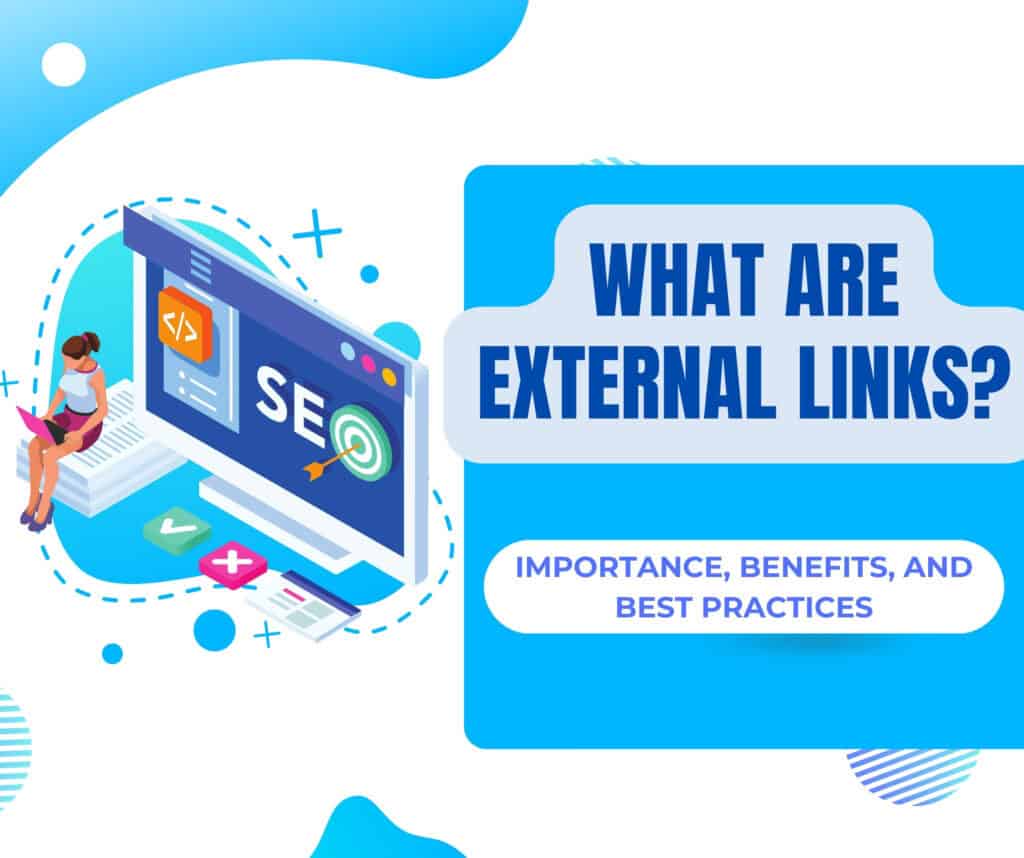
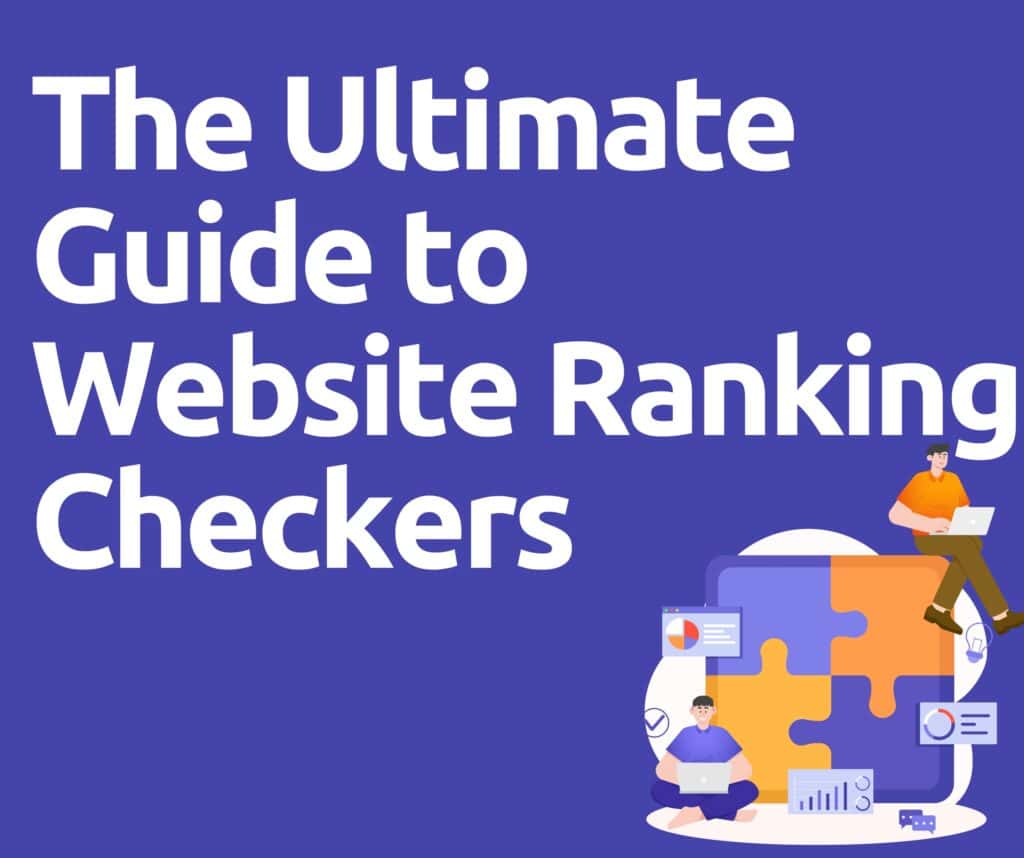
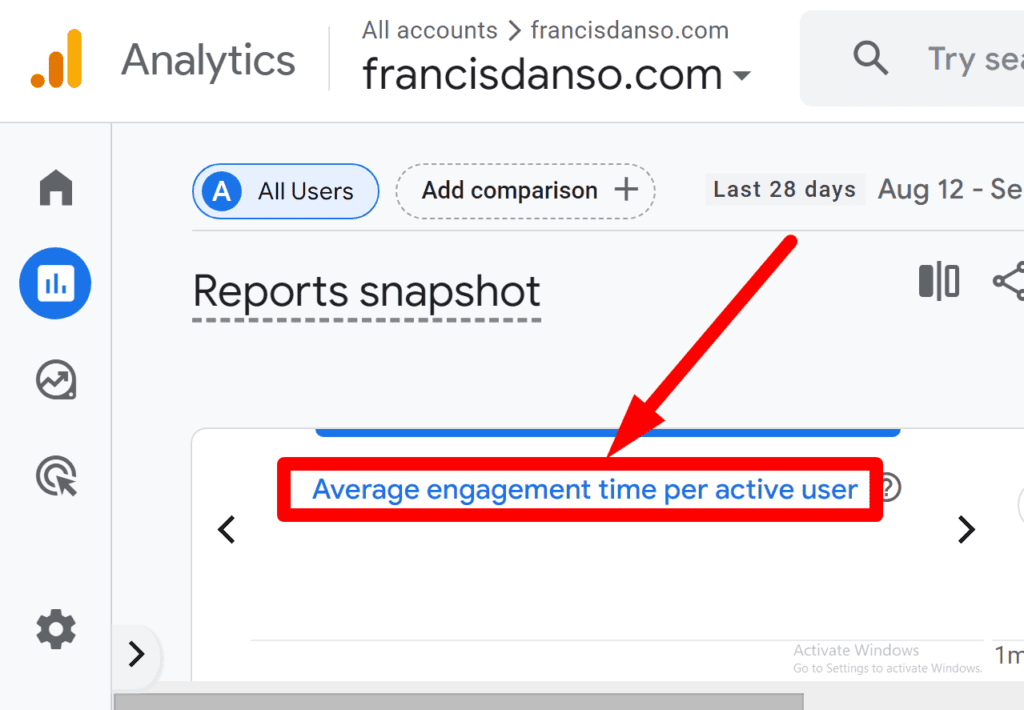
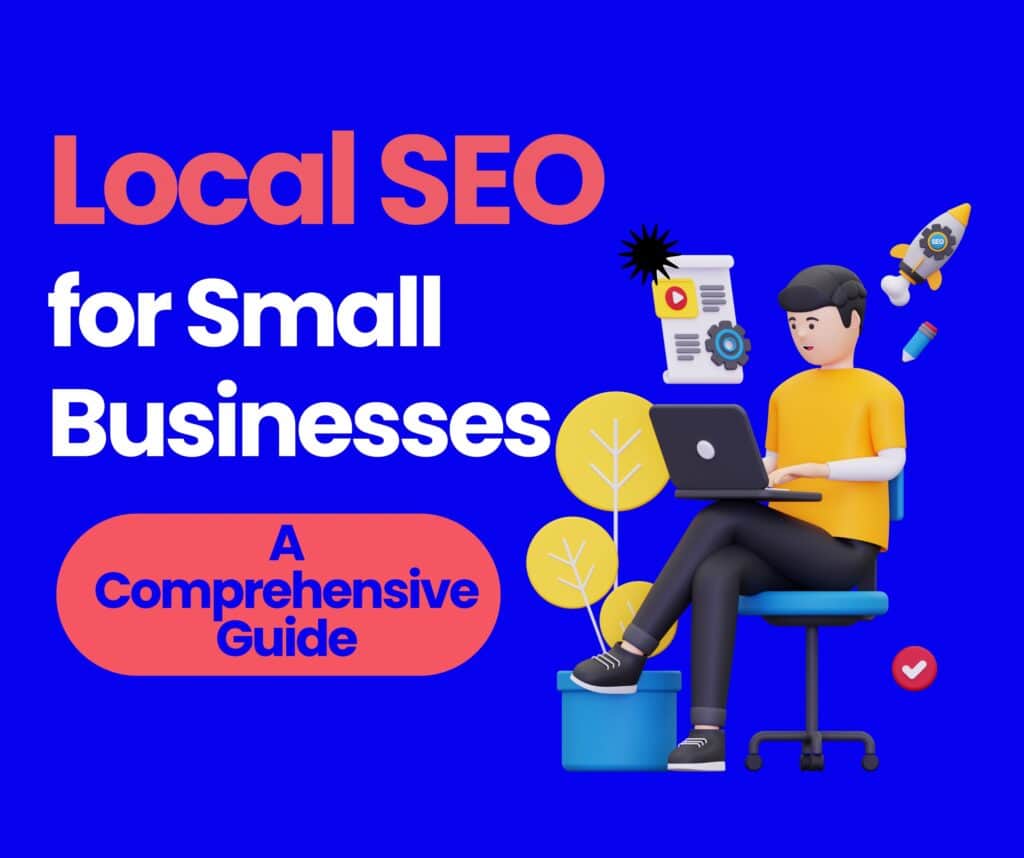
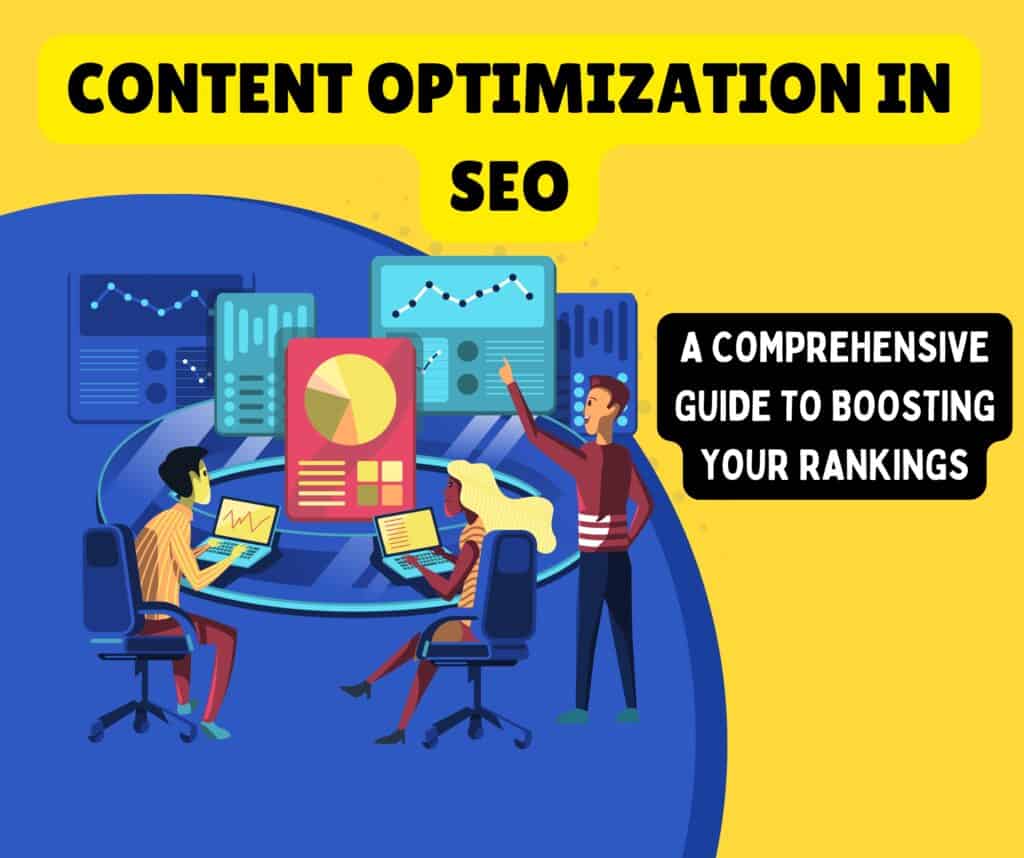

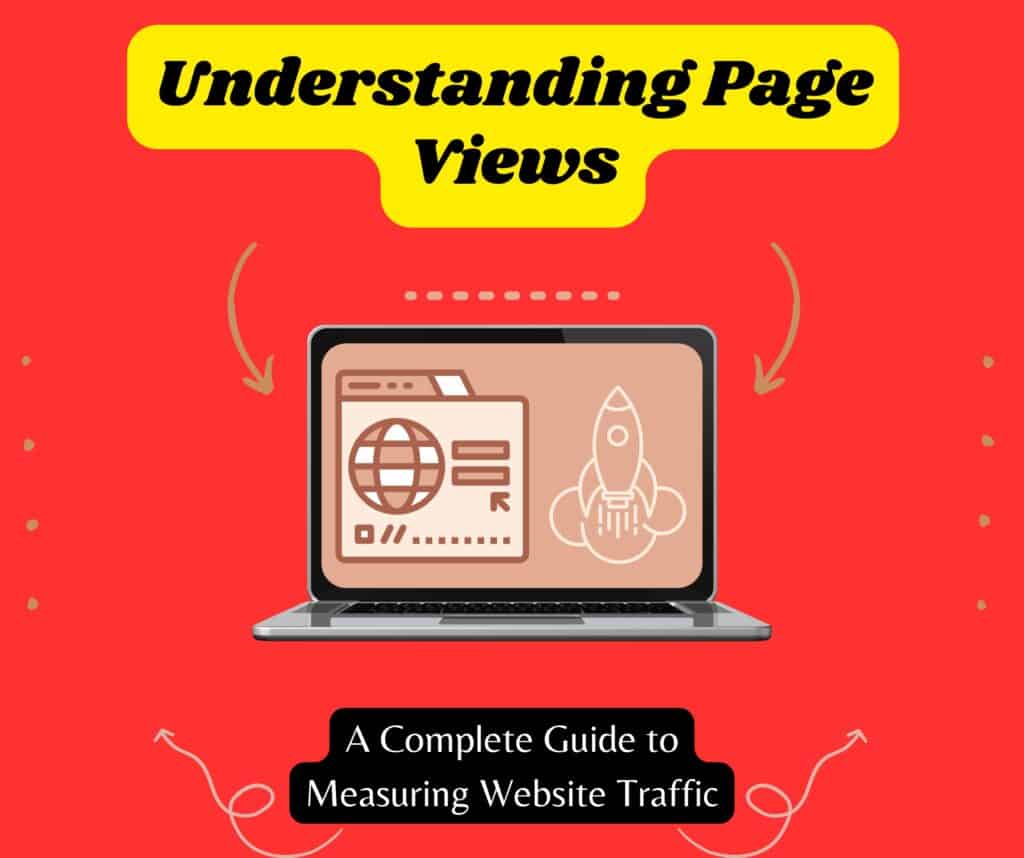

When I originally commented I clicked the “Notify me when new comments are added” checkbox and now each time a comment is added I get four e-mails with the same comment. Is there any way you can remove me from that service? Appreciate it!
Do you have a spam issue on this blog; I also am a blogger, and I was curious about your situation; we have created some nice methods and we are looking to swap techniques with other folks, be sure to shoot me an e-mail if interested.
Woah! I’m really digging the template/theme of this blog. It’s simple, yet effective. A lot of times it’s very hard to get that “perfect balance” between usability and appearance. I must say you’ve done a amazing job with this. Also, the blog loads very quick for me on Chrome. Exceptional Blog!
You have made some really good points there. I checked on the internet for more information about the issue and found most individuals will go along with your views on this website.
I have been exploring for a little bit for any high quality articles or blog posts on this kind of house . Exploring in Yahoo I finally stumbled upon this site. Studying this information So i am happy to show that I have an incredibly just right uncanny feeling I came upon exactly what I needed. I so much indubitably will make sure to do not put out of your mind this website and provides it a look regularly.
Do you mind if I quote a few of your posts as long as I provide credit and sources back to your webpage? My blog is in the very same niche as yours and my users would really benefit from some of the information you present here. Please let me know if this ok with you. Regards!
Wow that was strange. I just wrote an extremely long comment but after I clicked submit my comment didn’t appear. Grrrr… well I’m not writing all that over again. Anyhow, just wanted to say excellent blog!
These are really great ideas in on the topic of blogging. You have touched some fastidious points here. Any way keep up wrinting.
Greetings from Florida! I’m bored at work so I decided to browse your website on my iphone during lunch break. I really like the knowledge you provide here and can’t wait to take a look when I get home. I’m surprised at how quick your blog loaded on my mobile .. I’m not even using WIFI, just 3G .. Anyways, superb site!
Touche. Outstanding arguments. Keep up the good work.
What’s up it’s me, I am also visiting this website on a regular basis, this site
is genuinely good and the visitors are truly sharing nice thoughts.
Feel free to surf to my website – clinicas dentales polanco
This post is truly a pleasant one it assists new the web people, who are wishing in favor of blogging.
This is really interesting, You are a very skilled blogger. I’ve joined your feed and look forward to seeking more of your excellent post. Also, I’ve shared your web site in my social networks!
There’s certainly a great deal to find out about this subject. I like all of the points you have made.
I’ve been exploring for a little for any high-quality articles or weblog posts in this sort of space .
Exploring in Yahoo I at last stumbled upon this site.
Reading this info So i’m happy to express that I’ve a very
excellent uncanny feeling I discovered just what I needed.
I so much undoubtedly will make certain to do not omit this site and
give it a look on a relentless basis.
Thank you for some other great post. The place else could
anyone get that type of information in such an ideal means of writing?
I have a presentation next week, and I am at the search for such info.
We stumbled over here coming from a different web address and thought I should check things out. I like what I see so now i’m following you. Look forward to looking over your web page repeatedly.
If some one wants expert view on the topic of blogging then i recommend him/her to pay a quick visit this weblog, Keep up the good job.
Its not my first time to go to see this site, i am browsing this site dailly and take nice information from here everyday.
Fantastic blog! Do you have any recommendations for aspiring writers? I’m planning to start my own blog soon but I’m a little lost on everything. Would you recommend starting with a free platform like WordPress or go for a paid option? There are so many choices out there that I’m totally overwhelmed .. Any suggestions? Thanks a lot!
F*ckin’ tremendous things here. I’m very glad to peer your post. Thank you a lot and i am having a look forward to contact you. Will you please drop me a e-mail?
Howdy! I simply would like to offer you a big thumbs up for the great information you have got here on this post. I will be coming back to your web site for more soon.
I simply could not depart your website prior to suggesting that I actually enjoyed the usual info a person supply for your visitors? Is going to be back often in order to inspect new posts
Nice weblog here! Also your website quite a bit up fast! What web host are you the use of? Can I am getting your associate link to your host? I desire my web site loaded up as fast as yours lol
Look at my webpage – https://snogster.com/snogster-answers/index.php?qa=97428&qa_1=7-good-buy-solar-lighting
I’ve recently started a web site, the info you offer on this website has helped me greatly. Thank you for all of your time & work.
Visit my web blog https://rentry.co/19741-tools-among-the-trade—they-must-be-combined-with-education
Hey There. I found your weblog using msn. This is an extremely well written article. I’ll be sure to bookmark it and come back to learn extra of your useful info. Thanks for the post. I’ll definitely comeback.
Feel free to visit my web blog :: https://Playfullvideosnow.website/sherlenelavi
What’s up to every body, it’s my first visit of this weblog; this web site contains remarkable and truly fine data in favor of readers.
Thank you for sharing with us, I think this website genuinely stands out :D.
My webpage … http://www.harddisks.ipt.pw/user/ctmangelik/
Well voiced certainly! !
Info very well regarded!!
Wow a lot of wonderful information!
You revealed that perfectly!